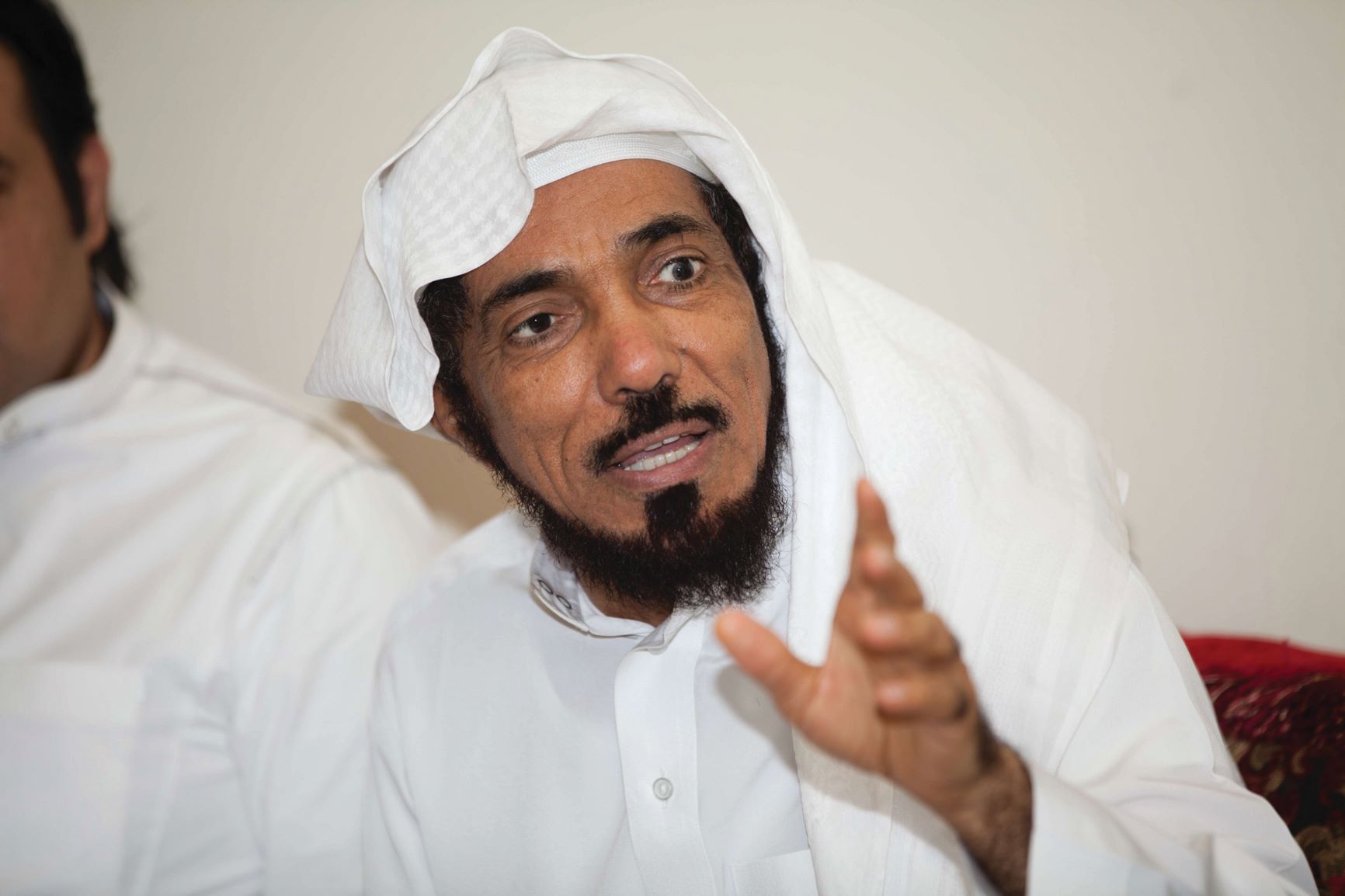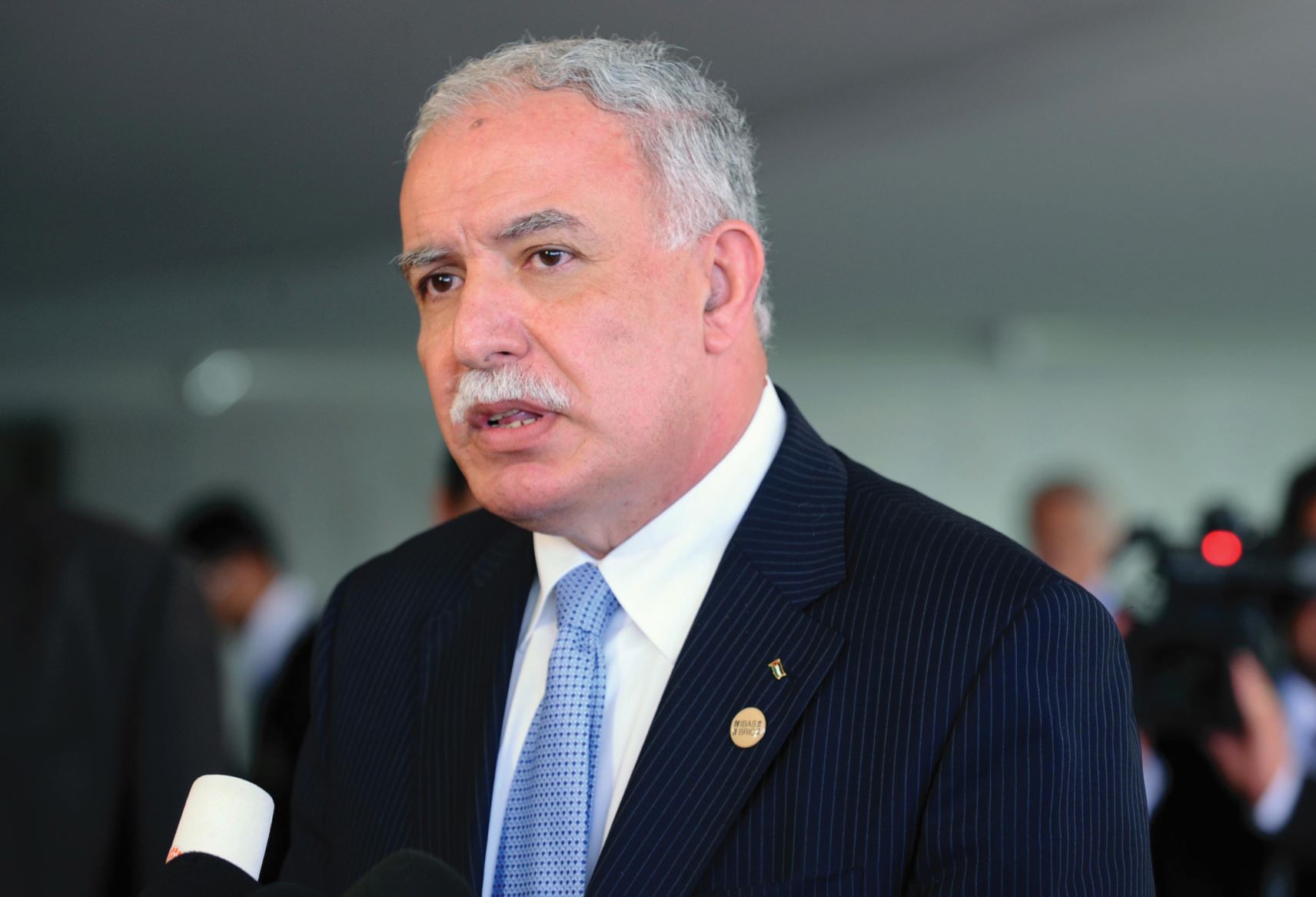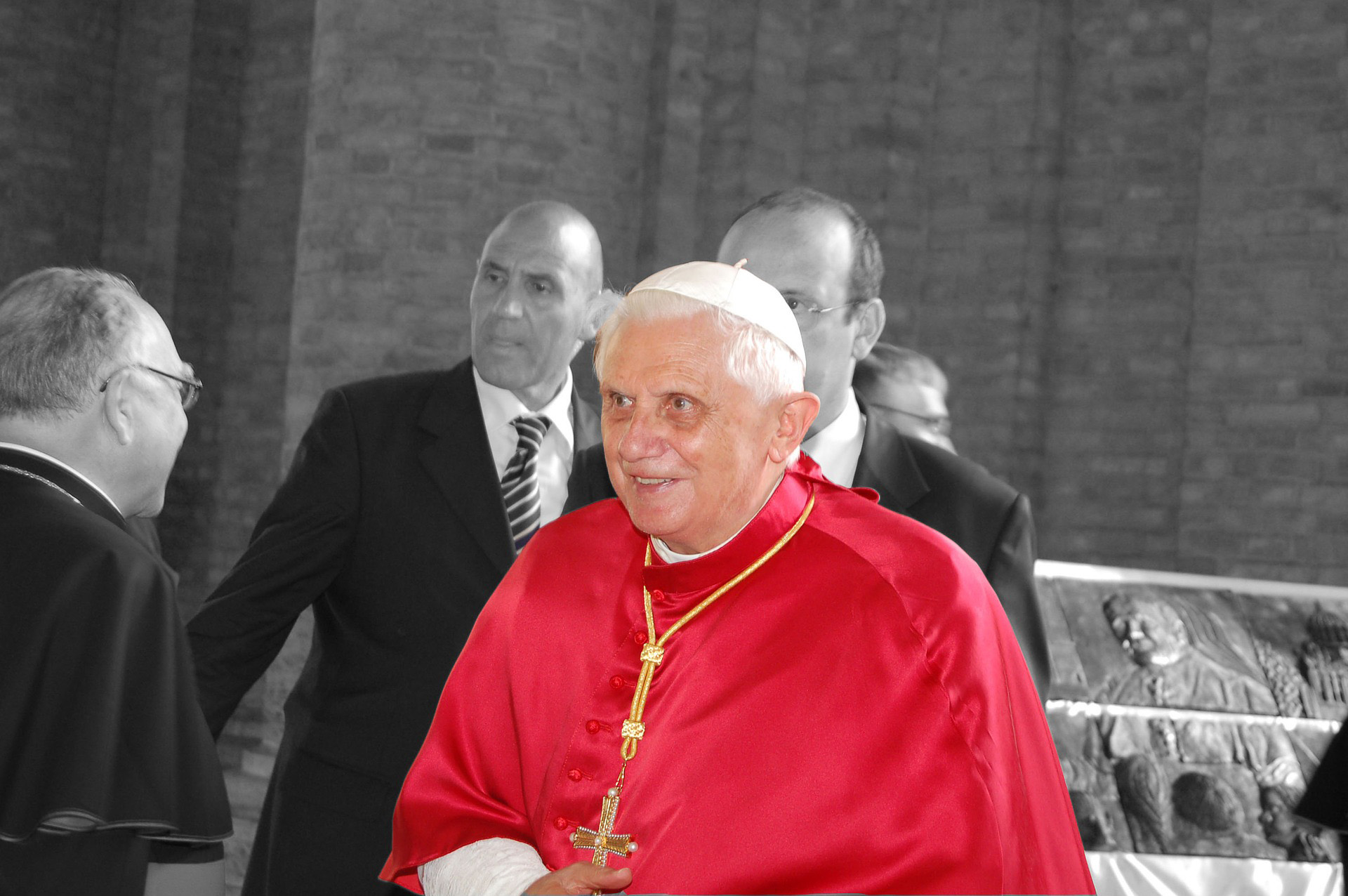May 21 Central African Republic: Dozens of people are dead after the armed militia known as Return, Reclamation, Rehabilitation (3R) attacked several villages in the northwest region of Pahoua near the border with Chad, The Washington Post reports. At least 54 civilians were killed by the group as revenge for the killing of an ethnic Peuhl—the minority group they seek to protect against sectarian violence, according to Al Jazeera. The UN Multidimensional Integrated Stabilization Mission condemned the attacks, while UNICEF issued a statement saying the attack “marks a low point since the fragile peace and reconciliation process was agreed in February.” Additionally, Minister of Communication Ange Kazagui demanded 3R commander Sidiki Abass hand over those responsible for the attacks or face consequences personally.
May 21 Saudi Arabia: At least three sources, two of which are within the Saudi government, informed Middle East Eye that three prominent Muslim scholars currently jailed on charges of terrorism will be executed following the Islamic month of Ramadan. According to the news outlet, the men in question—Salman al-Odah, Awad al-Qarni and Ali al-Omari—were arrested in September 2017 and were all prominent on social media. Odah in particular was known internationally due to his progressive views on homosexuality within Islam and was arrested following his tweet praying for the end to the Saudi-led blockade against Qatar. According to one of the sources, the execution of 37 men in April was a precursor in order to judge the international reaction, especially from those in high positions of government. “They are encouraged to do it, especially with the tension in the Gulf at the moment,” the source said. “The [Saudi] government calculates that this enables them to get away with this.”
May 21–24 Indonesia: More than a month after the country held simultaneous presidential, legislative and local elections, Al Jazeera reported the Election Commission announced incumbent President Joko Widodo’s victory early on May 21. Widodo reportedly received 55.5% of the vote. Losing candidate Prabowo Subianto would not accept the results as valid, claiming widespread fraud and vote rigging had occurred. In response to the results, thousands of Prabowo supporters began protesting, subsiding on the morning of May 23. According to the South China Morning Post, more than 900 people were injured, eight people were killed and 20,000 police were deployed during the two days and nights of protests. Prabowo’s lawyers officially submitted a lawsuit on May 24 as a formal challenge to the results.
May 23–26 Brussels, Belgium: Voting to elect the 751 members of parliament for the European Union—which is headquartered in Brussels—began on May 23 in the world’s largest multinational election. As reported by Deutsche Welle, citizens of the EU’s 28 member states including the UK headed to the polls between May 23–26 with respect to their individual country; the Netherlands and the UK began first on May 23 while Latvia, Malta and Slovakia began voting on May 25. Germany, France, Italy and Spain—the largest holder of seats—began voting on May 26. A total of 420 million out of the EU’s 512 million population were eligible to vote this year, but voter turnout varied widely by country.
May 24 Lyon, France: A manhunt ensued following an explosion outside a bakery on the busy street of Rue Victor Hugo in the center of Lyon. While no fatalities occurred, at least 13 people, including a 10-year old girl, were injured in what officials suspect was a parcel bomb containing screws and bolts, according to France 24. The suspect is believed to be the culprit due to video surveillance depicting him partially masked and dropping off a package near the bakery on a mountain bike. In response to the attack, police evacuated the area and Paris’ counterterrorism authorities have opened an investigation.
May 24 United Kingdom: Prime Minister Theresa May announced she will step down from her post as head of government and leader of the Conservative and Unionist Party, effective June 7. “I will shortly leave the job that has been the honor of my life to hold—the second female prime minister, but certainly not the last,” she said in her broadcast speech via The Guardian. According to POLITICO, the decision comes following the defeat of her Brexit deal three separate times by Parliament in the past six months. May was appointed as prime minister after David Cameron announced his resignation on June 24, 2016, one day after Britain voted in favor of leaving the EU. Since then, there has been little progress in reaching an agreement, and talks have stalled both domestically and with the EU. The contest to replace May will be a two-stage voting process within the Conservative party, BBC reports. Conservative members of Parliament will decide the two candidates in the first stage, and British members of the Conservative party will vote between the two candidates during the second stage.
When I first came to PSU, I was a Chinese major, having studied three years prior in high school alongside French and Japanese. After the first year, I took a hiatus. I don't believe in going to college straight out of high school, but it's what was expected. I returned a few years later to study Japanese at PCC and Arabic at PSU. I am now a junior majoring in International Studies: Middle East and Arabic. In the future, I would like to work as a journalist or humanitarian aid worker in the region, helping people who lack economic and political backing and media exposure.






